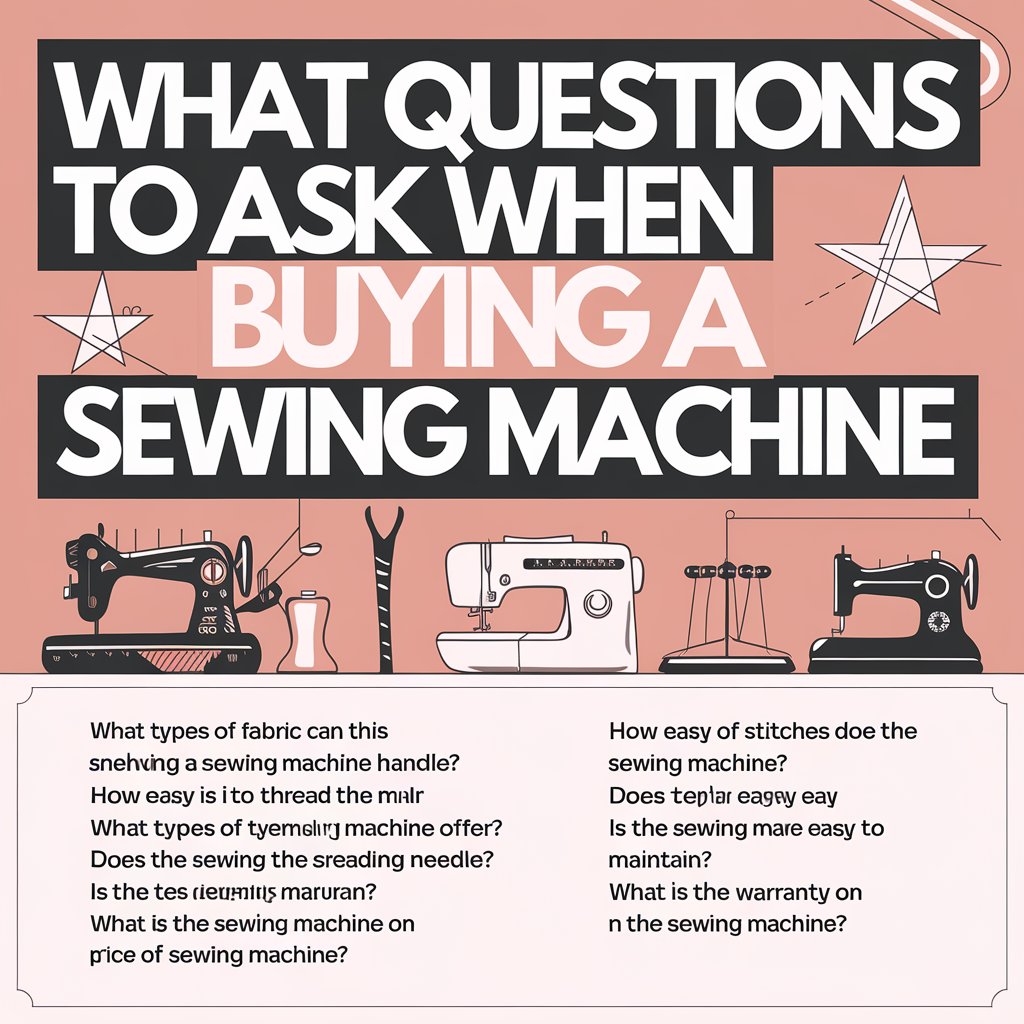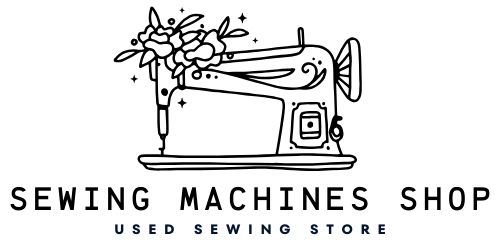
Questions to Ask When Buying a Sewing Machine
So, you’re on the hunt for a sewing machine, huh? Whether you’re a seasoned seamstress or a newbie just getting started, choosing the right machine can be a game-changer. But with so many options out there, where do you even start? Well, that’s exactly what we’re here to discuss! From understanding your sewing needs to evaluating the cost and value for money, we’re diving deep into the essential questions you should ask before making your purchase. After all, a sewing machine is an investment, and like any good investment, it deserves some thought and consideration.
Understanding Your Sewing Needs
When it comes to buying a sewing machine, the first thing you need to consider is your sewing needs. Think of it like buying a car; you wouldn’t buy a sports car if all you need is a reliable vehicle to get you to work and back, right?
What Types of Projects Will You Be Working On?
Are you planning to sew basic garments, or are you looking to dive into more complex projects like quilting or embroidery? The type of sewing you plan to do will greatly influence the kind of machine you need. For instance, basic machines might be great for simple hemming and repairs, but they might not have the capabilities you need for more intricate work.
Are You a Beginner or an Experienced Sewer?
Your experience level is another critical factor. Beginners might benefit from a more straightforward machine with fewer options, while more experienced sewers may want a machine with advanced features that offer greater flexibility and creativity.
Key Features to Look for in a Sewing Machine

Once you’ve identified your needs, it’s time to think about the features that will make your sewing experience as smooth and enjoyable as possible. Here are some key features to consider:
How Many Stitch Options Do You Need?
One of the first things you’ll notice about sewing machines is the variety of stitch options they offer. Some machines come with just a few basic stitches, while others boast hundreds. Ask yourself how many stitches you’ll actually use. If you’re mainly sewing straight seams, you might not need all the bells and whistles of a high-end machine.
Do You Need an Automatic Needle Threader?
If you’ve ever spent time squinting at the eye of a needle, you’ll appreciate the convenience of an automatic needle threader. This feature can save you a lot of frustration and is especially handy if your eyesight isn’t what it used to be.
What About the Speed Control and Adjustable Stitch Length?
These are essential features if you want more control over your sewing. Adjustable speed control allows you to sew at a pace that’s comfortable for you, while adjustable stitch length gives you the flexibility to customize your stitches based on your fabric and project needs.
Is a Free Arm Essential for Your Sewing Projects?
A free arm is a useful feature if you plan on sewing cuffs, collars, or other cylindrical pieces. It allows you to easily maneuver the fabric, making these types of projects much easier to handle.
Mechanical vs. Computerized Sewing Machines
The next big decision is whether to go with a mechanical or computerized sewing machine. Both have their pros and cons, and the right choice depends on your needs and preferences.
What’s the Difference Between Mechanical and Computerized Machines?

Mechanical machines are typically simpler and more straightforward, using knobs and dials to control settings. Computerized machines, on the other hand, offer more advanced features like automatic stitch selection, buttonhole styles, and even embroidery designs, all controlled through a digital interface.
Which One is Better for Your Needs?
If you’re someone who loves technology and enjoys having a wide range of options at your fingertips, a computerized machine might be the way to go. However, if you prefer something simple, reliable, and easy to maintain, a mechanical machine could be your best bet.
Considering the Sewing Machine’s Durability and Build Quality
The durability and build quality of a sewing machine are crucial factors to consider, especially if you plan to use it regularly.
What Materials are Used in the Machine’s Construction?
Look for machines with a sturdy build, often made of metal components rather than plastic. A well-built machine is not only more durable but also operates more smoothly and quietly.
How Does Build Quality Affect Performance?
Higher-quality machines tend to produce more consistent stitches and are less prone to issues like thread jams and skipped stitches. They can handle thicker fabrics better and are generally more reliable in the long run.
Evaluating the Brand and Warranty
Choosing a reputable brand can make a big difference in your sewing experience.
Does the Brand Have a Good Reputation?
Brands with a solid reputation are often known for their quality and reliability. They also tend to have better customer support and offer a wider range of accessories and attachments.
What Does the Warranty Cover?
Check what the warranty covers before you buy. Some warranties cover just the machine itself, while others may also cover parts and labor. A good warranty can save you a lot of money and hassle down the road.
Assessing the Cost and Value for Money
When it comes to buying a sewing machine, price isn’t everything, but it’s definitely something!
How Much Should You Spend on a Sewing Machine?
Sewing machines can range from under $100 to several thousand dollars. The amount you should spend depends on your budget and your needs. If you’re just starting out, you might want to stick with a more affordable model until you’re sure you’ll stick with the hobby.
Is it Worth Investing in a High-End Model?
If you’re a professional or plan to sew frequently, investing in a high-end model might be worthwhile. These machines often come with more features, better build quality, and longer warranties, which can save you money in the long run.
Additional Accessories and Attachments

Don’t forget to consider the accessories and attachments that come with your sewing machine.
What Accessories Are Included with the Machine?
Some machines come with a variety of accessories, such as extra feet, bobbins, and needles. Make sure you know what’s included so you don’t end up having to buy additional items separately.
Are Additional Attachments Necessary?
Depending on the types of projects you plan to work on, you might need specific attachments. For example, if you want to do quilting, you might need a walking foot or a quilting guide. Be sure to factor these into your decision.
Ease of Maintenance and Repair
Like any piece of equipment, sewing machines require regular maintenance to keep them running smoothly.
How Easy is it to Maintain the Machine?
Look for a machine that’s easy to clean and maintain. Some machines have a self-cleaning feature or come with a detailed maintenance guide, which can make your life a lot easier.
Can You Easily Find Replacement Parts?
Availability of replacement parts is another important consideration. Machines from well-known brands often have readily available parts, making repairs more straightforward.
Where to Buy Your Sewing Machine
Finally, you need to decide where to buy your sewing machine.
Should You Buy Online or In-Store?

Both options have their pros and cons. Buying in-store allows you to see and test the machine before you buy, but online stores often offer a wider selection and better prices.
Why Choose the Sewing Machine Shop?
The Sewing Machine Shop is a great place to start your search. They offer a wide range of sewing machines to suit all needs and budgets, and their knowledgeable staff can help you find the perfect machine for your projects.
Conclusion
Buying a sewing machine is a significant investment, so it’s important to do your research and make an informed decision. By considering your needs, evaluating key features, and choosing a reputable brand, you can find a sewing machine that will serve you well for years to come. Remember, the right machine can make all the difference in your sewing experience, so take your time and choose wisely!
FAQs
What is the Best Sewing Machine for Beginners?
The best sewing machine for beginners is typically a simple, easy-to-use model with a few basic stitches and features. Look for a machine that’s reliable and has good customer reviews.
How Often Should I Service My Sewing Machine?
It’s generally recommended to service your sewing machine once a year if you use it regularly. This helps keep it in good working condition and prevents potential issues.
Can I Use Any Thread with My Sewing Machine?
While most sewing machines can use a variety of threads, it’s best to use the type of thread recommended by the manufacturer. Using the wrong thread can lead to tension issues and poor stitch quality.
What Should I Do if My Machine is Skipping Stitches?
If your machine is skipping stitches, check the needle to ensure it’s the right size and type for your fabric. Also, make sure it’s inserted correctly and not bent or damaged.
Are Older Sewing Machines Better Than Newer Models?
Older sewing machines are often praised for their durability and simplicity, but newer models come with advanced features that can make sewing easier and more enjoyable. The best choice depends on your personal preferences and needs.
Visit our Sewing Machine Shop for the best sewing machine deals.
For more insightful articles, visit our Medium page !

